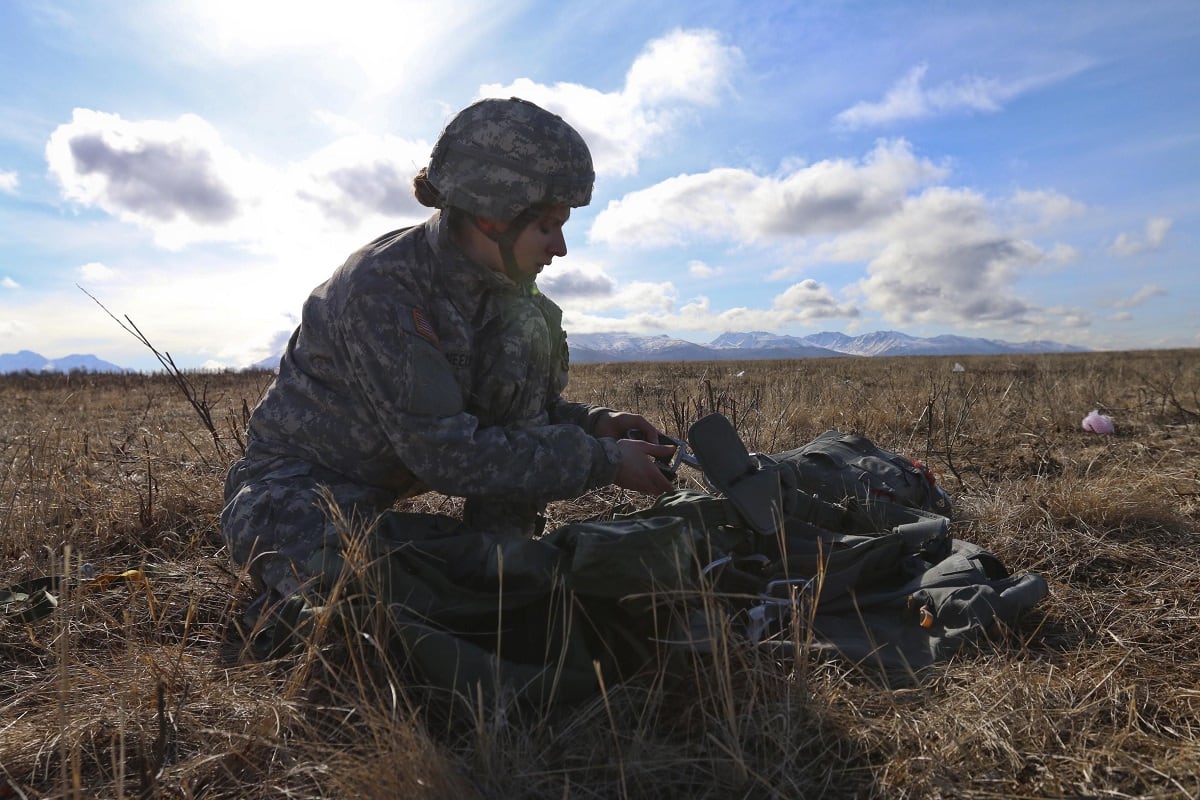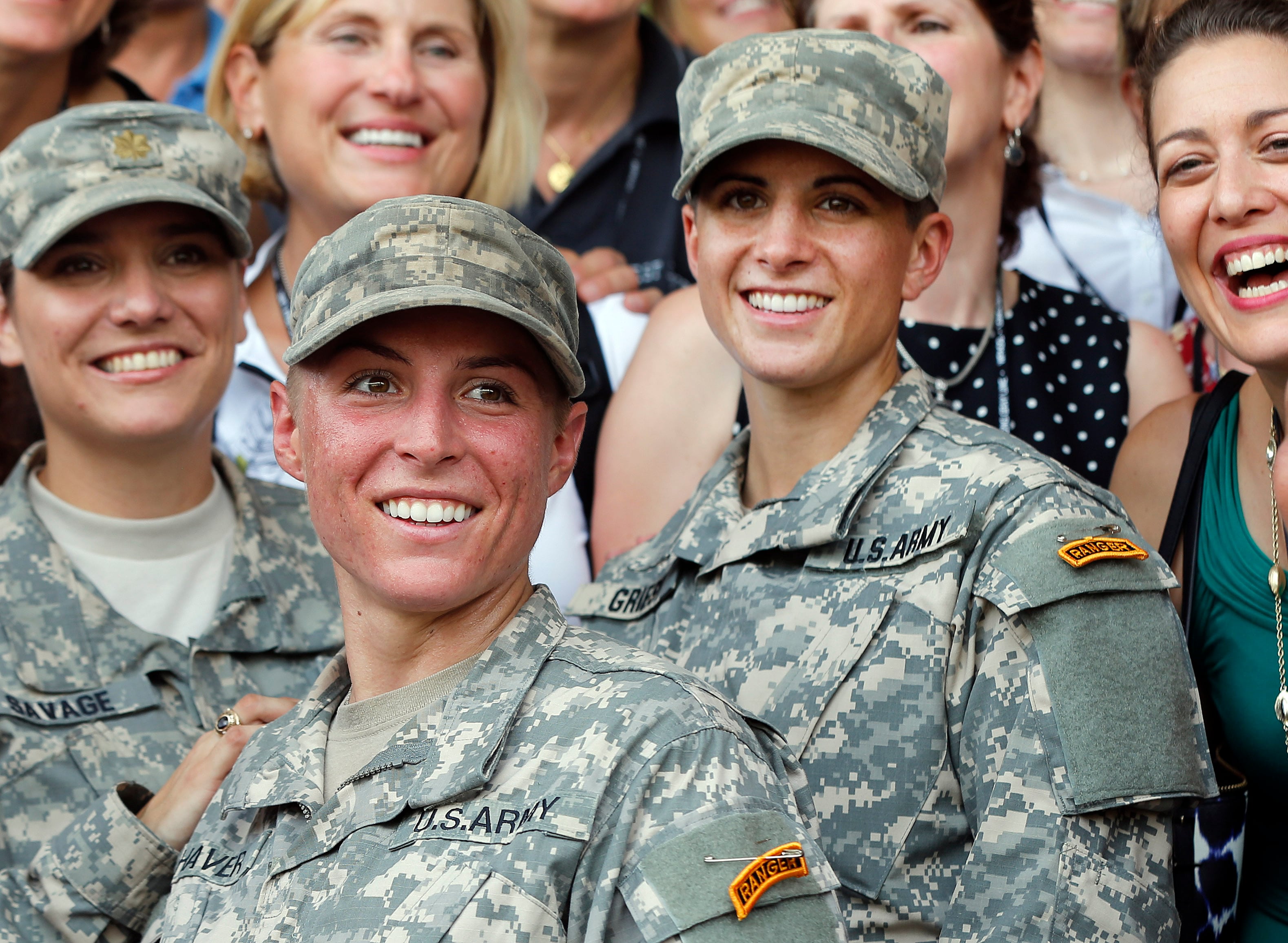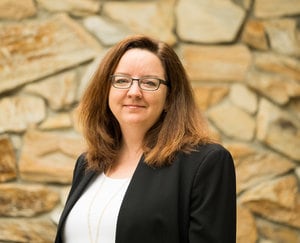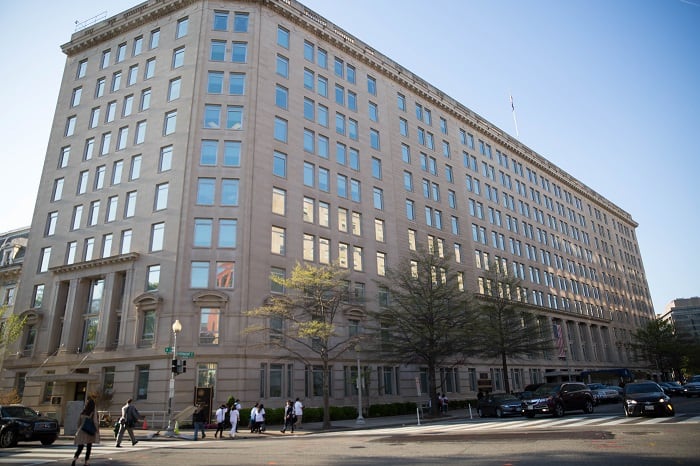Women with EIBs: Should the Army give them a shout-out? Or treat them like everyone else? Two women who are veterans offered Army Times their two different views. Here’s one of them:
Six women quietly earned the Army’s coveted Expert Infantryman Badge (EIB) in November.
They successfully navigated all 30 basic infantry skills and met the same physical standards as their male counterparts. Unlike the three women who graduated Ranger School in the fall of 2015, their milestone was met with little fanfare and received minimal coverage by the national media.
Some individuals have argued that the Army missed a public relations opportunity and should have showcased the women as role models for other female soldiers in an effort to increase recruiting and retention.
RELATED

Others have speculated that the Army intentionally kept the historic achievement under the radar to lessen the impact of their accomplishments.
Personally, I think both arguments are short-sighted, and neither honor the six women at the center of the story.
As a former NCO and engineer officer, I take great pride in watching younger generations of women break barriers and appreciate the foresight of military leaders who recognize the potential of female service members.
When the first three women completed Ranger school, I was humbled by their personal strength and perseverance and grateful that their accomplishment would open another door for female service members.
I followed their story in the press like most of my women veteran friends, but was I also concerned about the media frenzy surrounding these women. By releasing their names, holding press conferences, and putting their faces on the covers of magazines, we created the perception that this was a unique occurrence, they were the exception to rule in terms of women in the military.
When we placed their accomplishments on a pedestal, we failed to recognize that they were just the first of a long line of women who will rise to the same challenge and succeed. These three women weren’t looking for attention or seeking to be role models for all female service members, they just wanted to have the same opportunities to excel as their male peers and serve their country to the best of their ability.

A little more than two years later, the next group of women soldiers have crossed another threshold as the “first” by earning their EIB. But this time, there was no press conference or social media blitz. All six women declined to be interviewed or named, instead choosing to be treated like their male peers.
At the time, their graduation was covered by the installation public affairs office, and their milestone was noted in a local article. Although some have said that the press coverage should have been national and that these women have an obligation to the next generation to be seen, I disagree.
When the first women completed Ranger School, they were paraded in front of the press. The negative comments and backlash they received were enormous. While they handled the situation professionally, the notoriety from that experience will continue to follow them throughout their military careers.
Perhaps the women in infantry school opted for a different experience and chose to be treated like the rest of their classmates by graduating with the same level of ceremony given to every infantry class.
What if they didn’t desire the extra attention or special treatment but recognized the value in being seen as a soldier first? Maybe it wasn’t an Army conspiracy to keep women down but the Army finally treating them as equals.
All women in the military want is an equal opportunity to compete for the same positions using the same standards as their male peers. Female service members don’t need special acknowledgements or recognition for accomplishing what they already knew they were capable of doing. They just want the chance to do it.
Rollie Sampson has served as an enlisted soldier in the National Guard, an active-duty engineer officer, and for the past 20 years as a military spouse. She is an advocate for military families, as a fellow for High Ground Veterans Advocacy, co-founder of the Military Family Council for her county school district in North Carolina, and other efforts.





